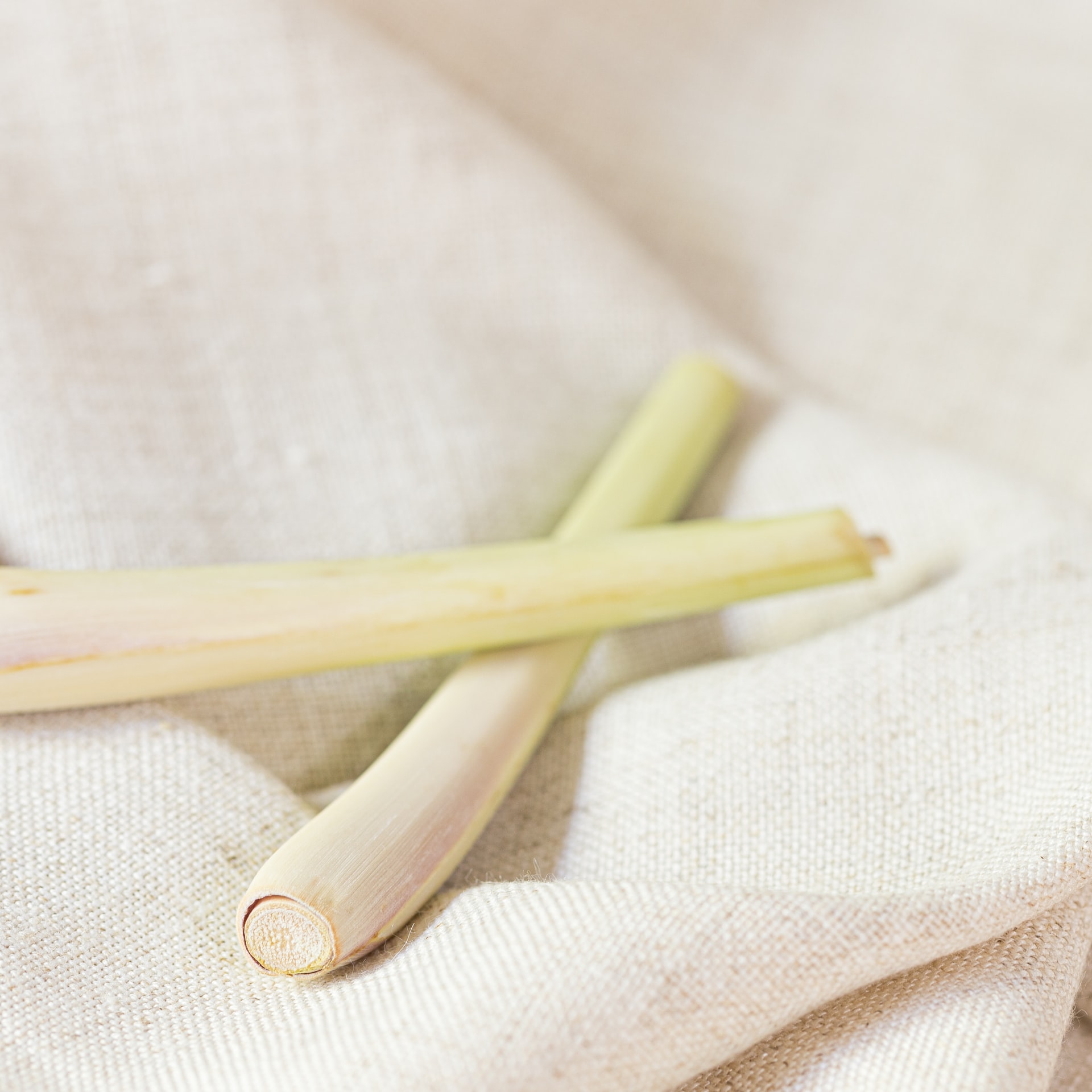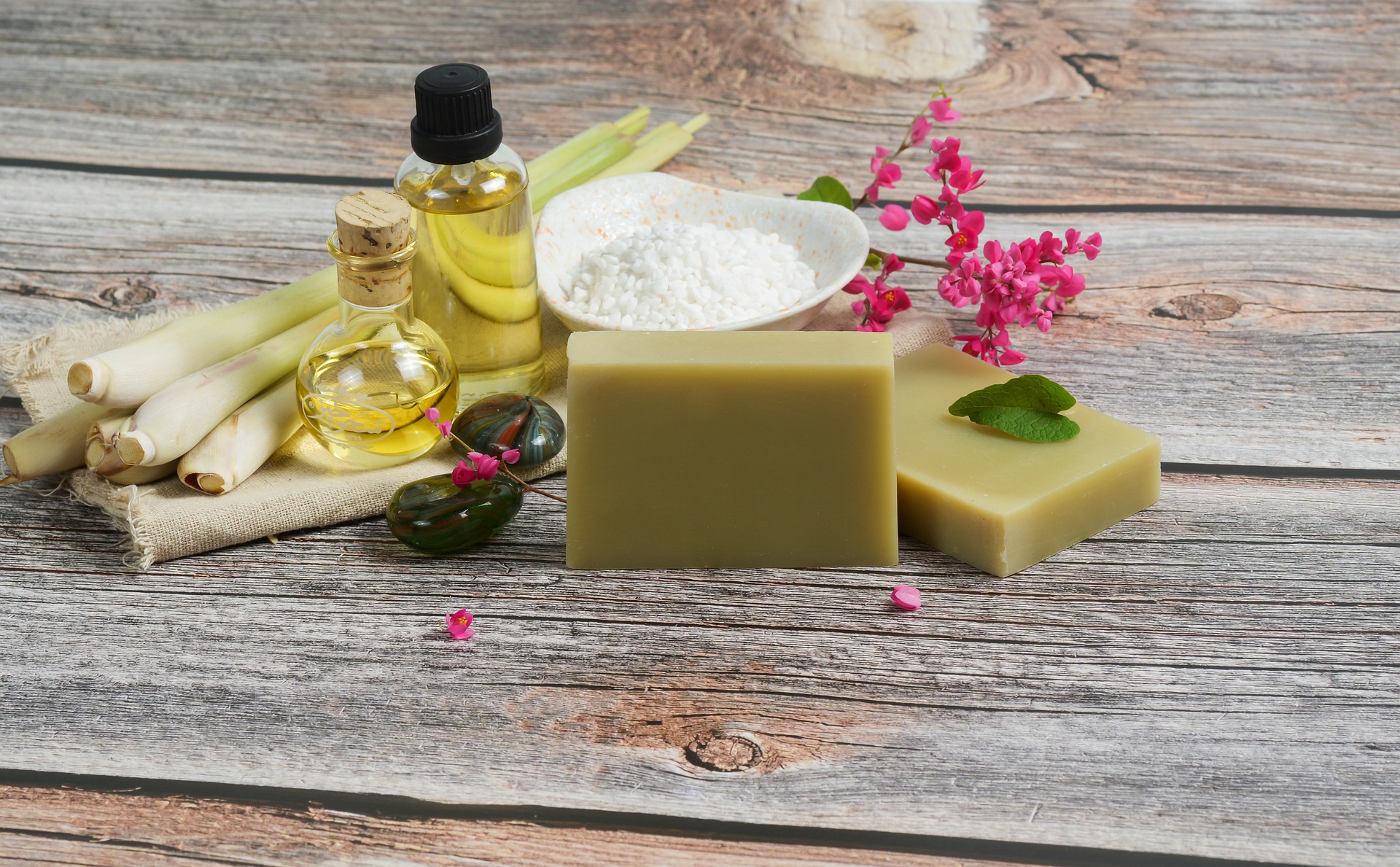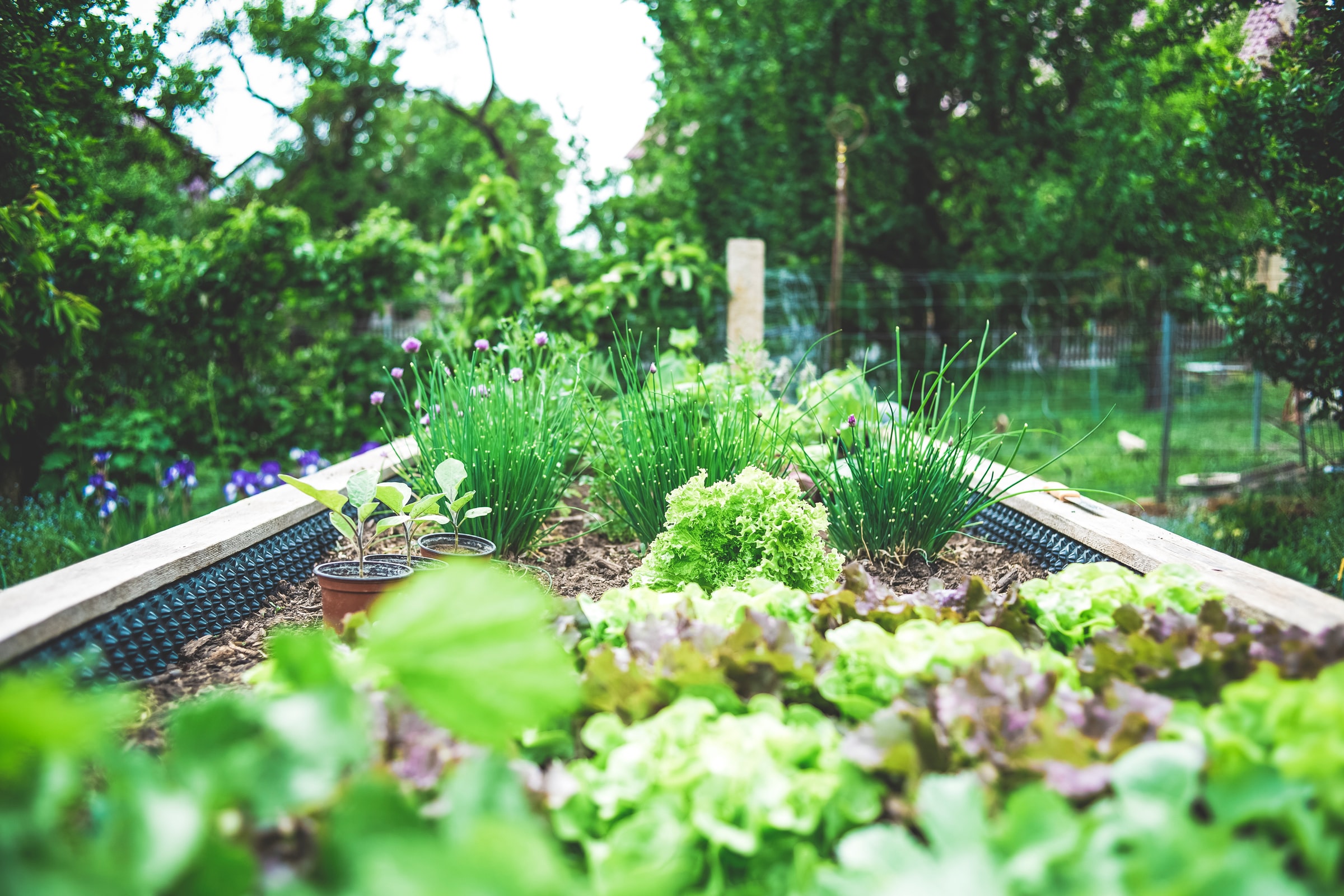Lemongrass is a pretty versatile thing to grow in your garden; not only does it go well in Thai curries, but it also has medicinal properties. So, without further ado, let’s learn about some of the benefits of growing and consuming lemongrass.
What is lemongrass?

Also called citronella, it is a tall and stalky plant. When lemongrass is fresh, it has a citrus flavor and a fresh, lemony aroma. As stated earlier, it is a very common ingredient in Thai cooking, and it is also used as a bug repellent.
When made into essential oil, it is used in aromatherapy to uplift your mood, freshen the air, and is even said to reduce stress. It is also used in folk remedies, and it is said to promote sleep, boost immunity, and relieve pain.
A popular way to consume lemongrass that brings out its medicinal attribute is by drinking it in a tea. Let’s learn the potential health benefits of consuming lemongrass.
1. Antimicrobial properties
Lemongrass may also help in the treatment of oral infections and other cavities because it has antimicrobial properties. Its essential oil also shows antimicrobial abilities against Streptococcus mutans bacteria which is the bacteria responsible for tooth decay, and this has been backed up by a 2012 in vitro study conducted by the National Institutes of Health.
Other studies have found that silver ions and lemongrass oil can work together against several types of fungus and bacteria in vitro.
2. Reduce cancer risks

The citral that is naturally present in lemongrass is believed to have a potent anticancer ability against some cancer cell lines. Some researchers believe that several components of the lemongrass plant can be used to fight against cancer.
Lemongrass either directly causes the cell to die, or it boosts one’s immune system so that one’s body is better able to fight off cancer on its own. Lemongrass teas are at the time used in adjuvant therapy during radiation and chemotherapy. However, it should only be done if your oncologist gives you the green light.
3. Antioxidant properties
Lemongrass is known for its medicinal and antioxidant properties, and this is why it is used in many folk medicines. According to the Journal of Agriculture and Food Chemistry, lemongrass contains several antioxidants which may help in scavenging free radicals in one’s body.
Some of the antioxidants present in lemongrass are swertiajaponin, chlorogenic acid, and even isoorientin. These antioxidants are said to help prevent dysfunctional cells inside one’s coronary arteries. These free radicals may be the cause of diseases.
4. Promotes healthy digestion

If you have an upset stomach or are having stomach cramps, then a cup of lemongrass tea can help you out with this. Lemongrass is also said to be the alternative remedy for other digestive problems.
A 2012 study conducted by the National Institutes of Health showed that lemongrass might be effective against gastric ulcers. This study also found that lemongrass oil can protect one’s stomach against damage from ethanol and aspirin. It is worth noting that regular aspirin use can cause gastric ulcers in the long run.
5. Anti-inflammatory properties
Inflammation is thought to be at the root or at least play an essential role in many health conditions like stroke or other heart conditions. Memorial Sloan Kettering Cancer has done some research on lemongrass, and they found that the citral and geranial of the plants are responsible for its anti-inflammatory benefits.
The citral and geranial are said to help stop the release of certain specific inflammation-causing markers in one’s body.
lemongrass is a very versatile plant to grow in your garden and you will reap a lot of benefits from them. Sound off in the comments section below and tell us your thoughts on lemongrass.


